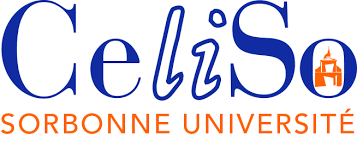AbstractsThe creativity of the English language of medicine Pascaline Faure Abstract Like any specialised language, medical English constructs itself according to the cultures and professional practices in which it is embedded. From the desire to honour doctors of the past, through anthroponyms, to the necessity to identify, via toponyms, diseases of today, and to name with precision, via orthonyms, instruments of tomorrow, medical English evolves depending on the needs of the men and the women who practice it and make it shine. Keywords Neologisms, abbreviations, anthroponyms, toponyms, orthonyms.
The lexical creativity of medical Italian Rosa Piro Abstract Our study will show the main processes of training the Italian medical language in its history to then discuss on the contemporary medical language from the Lessico Medico Italiano, a medical dictionary written by Pietro Benigno and Pietro Li Voti (1992-2012). Particular attention will be paid to the formation of eponyms and metaphors. Keywords Neologisms, eponyms, detoponyms, metaphors.
Denominative variation and lexical creativity in contemporary medical Portuguese Isabel Desmet Abstract Scientific and technical languages are very often characterized by a certain ideal of monosemy and lack of synonymy in terminology. However, these principles are not respected in reality. Key-words Health Sciences; neological proliferation; Denominational variation; lexical creativity; Portuguese.
Medicine in Spanish and Medical Spanish today Carmen Quijada Diez Abstract Despite the high number of Spanish speakers in the world and the fact that Spain leads the biomedical and clinical scientific output in Spanish, this language remains underrepresented as a scientific and medical language. After exposing today’s medical Spanish’s main features, while insisting more specifically on neologisms, we will explore the status of Spanish as a language of medical transmission today and its future prospects. Keywords Medical Spanish, terminology, Anglicisms, neologisms. |


